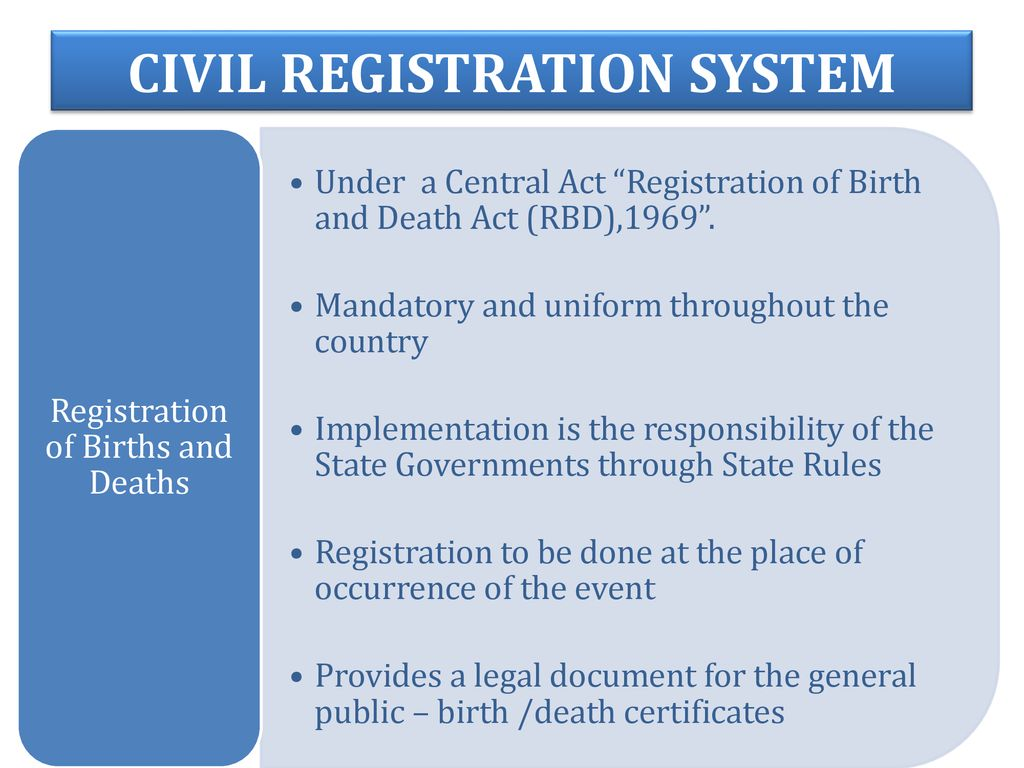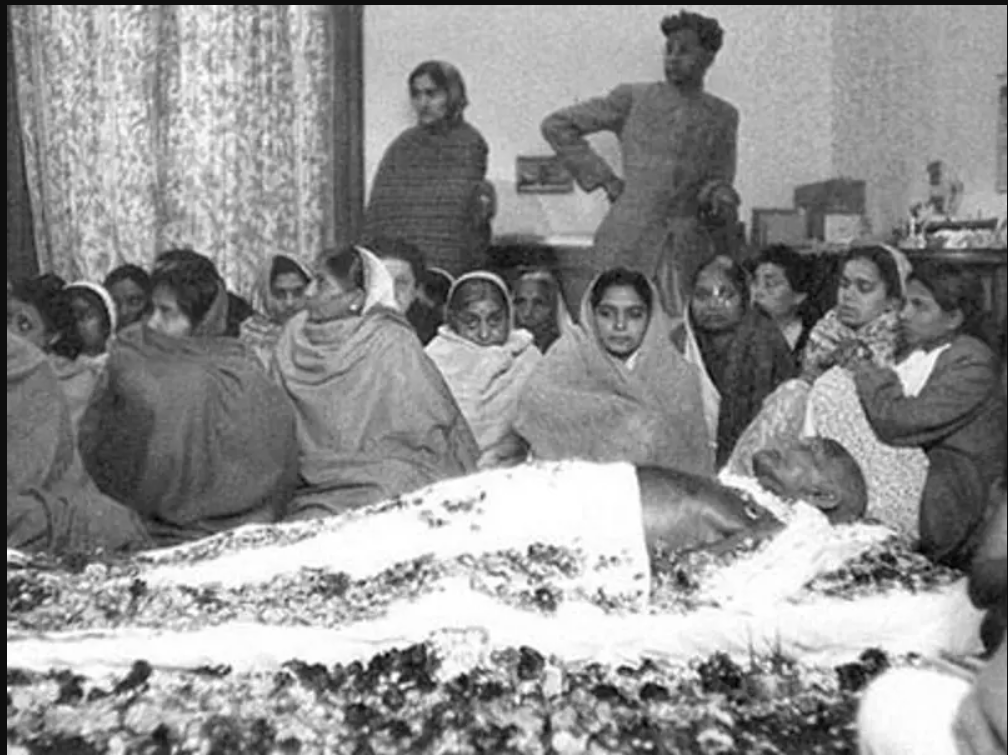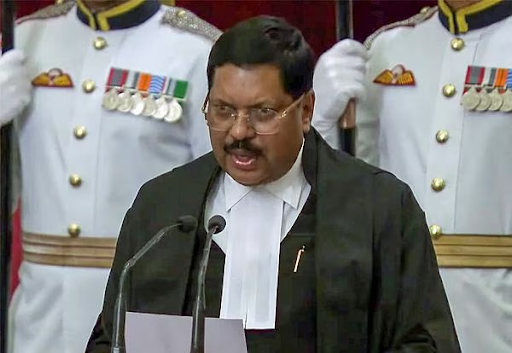Description

Copyright infringement not intended
Context - The Union Government is planning to update the Civil Registration System (CRS) to enable the registration of birth and death in real-time.
Details
- The Civil Registration System (CRS) is run by the Registrar General of India (RGI) and is linked to the National Population Register (NPR), which already has a database of 119 crore residents.
- The NPR is to be updated with the decennial Census exercise that has been postponed due to the COVID-19 pandemic.
- The CRS system is facing challenges of timelines, efficiency and uniformity, leading to delayed and under-coverage of birth and death.
- To address these challenges, the Union Government has decided to introduce reforms in the Civil Registration System to register birth and death on a real-time basis with minimum human interface.
Civil Registration System
- Civil registration is the system by which a government records the important events (births, marriages, and deaths) of its citizens and residents.
- The main objective of civil registration is to create a legal document that can be used to establish and protect the rights of individuals.
- Another important purpose is to create a data source.
- The history of the Civil Registration System (CRS) in India dates back to the middle of the 19th century.
- In 1886 a Central Births, Deaths and Marriages Registration Act was promulgated to provide for voluntary registration throughout British India.
- Post-independence, the Registration of Births and Death Act (RBD Act) was enacted in 1969 to promote uniformity and comparability in the registration of Births and Deaths across the country.
- The Act made registration of births, deaths and stillbirths mandatory in India.
- The Registrar General of India (RGI) under the Ministry of Home Affairs coordinates and unifies the activities of registration throughout the country.
National Population Register
- It is a register of the usual residents of the country.
- A usual resident is a person who has resided in a local area for the past 6 months or more or a person who intends to reside in that area for the next 6 months or more.
- Every usual resident of India must register in the NPR.
- It includes both Indian citizens as well as foreign citizens.
- The objective of the NPR is to create a comprehensive identity database of every usual resident in the country.
- The first National Population Register was prepared in 2010 and updating this data was done in 2015 by conducting door to door survey.
- NPR is prepared under the Citizenship Act 1955 and the Citizenship (Registration of Citizens and Issue of National Identity Cards) Rules, 2003.
https://www.thehindu.com/news/national/registration-of-birth-death-to-be-real-time-with-minimum-human-interface/article65359979.ece














